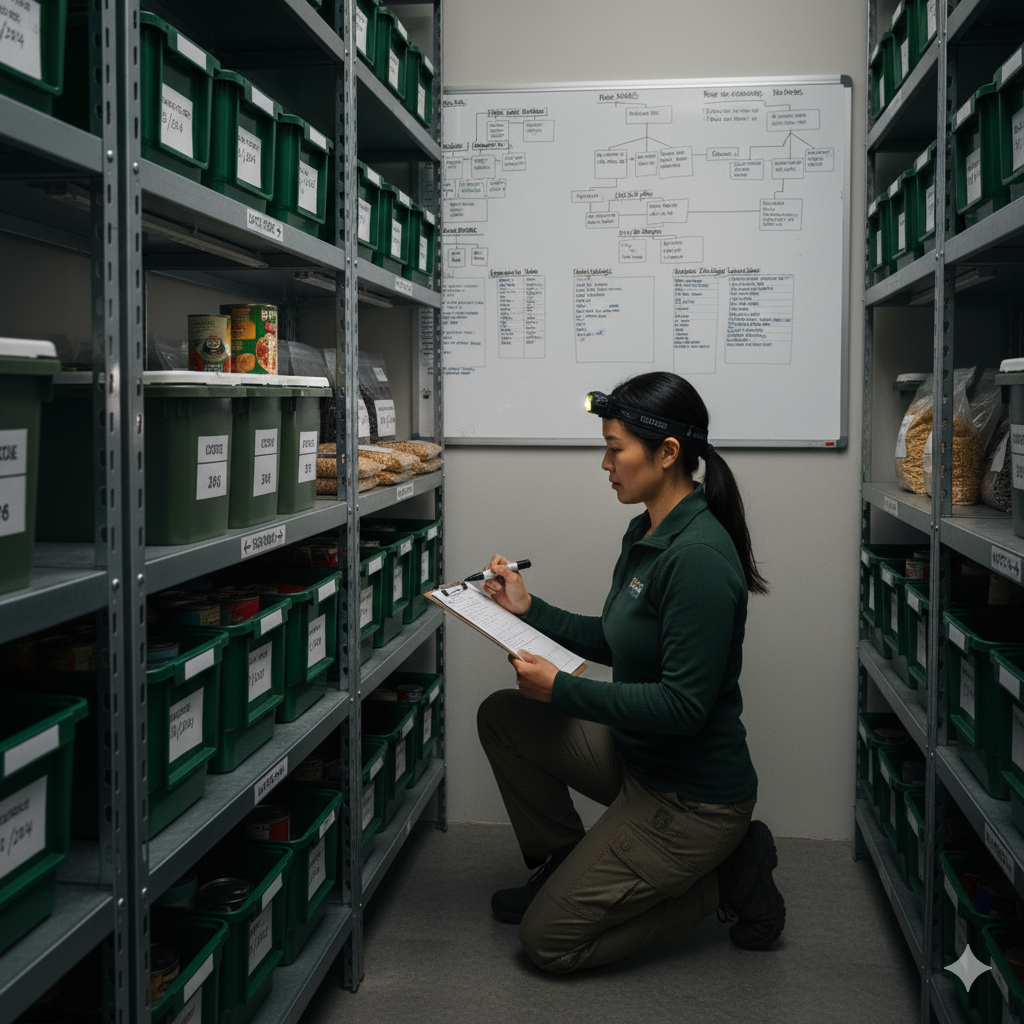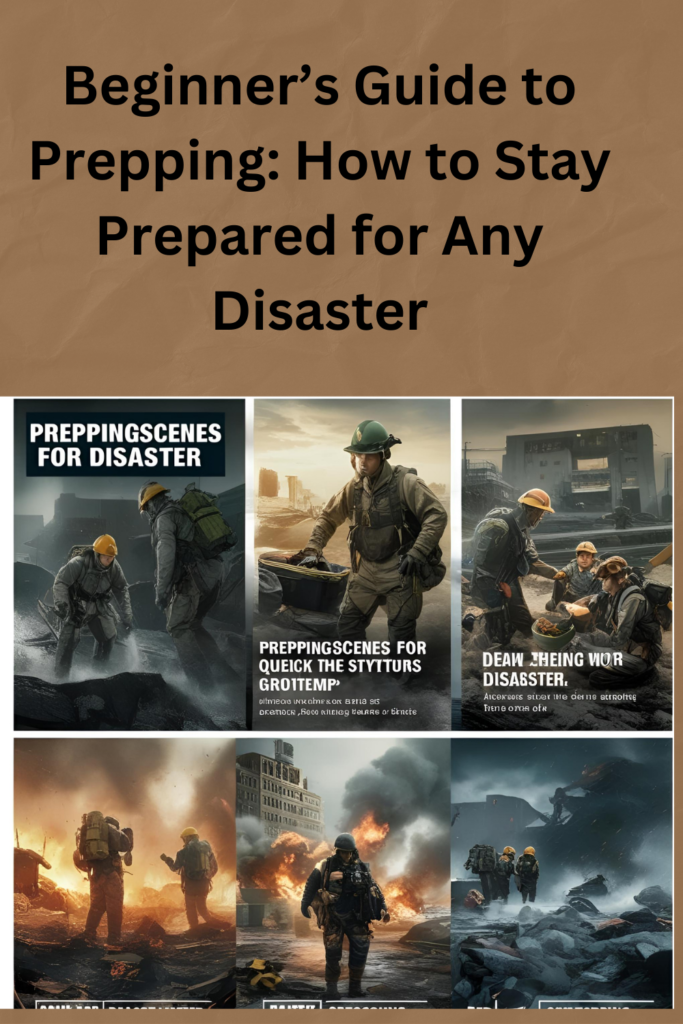Avoiding expired food and wasted money when prepping is one of the biggest concerns new preppers face.Many people hesitate to start prepping because they worry about food expiring and wasting money. It’s a real concern—no one wants shelves full of spoiled supplies. The good news? Prepping doesn’t have to be wasteful or expensive if you follow a few smart strategies. This blog will show you how to build a food storage system that saves money, keeps food fresh, and gives you peace of mind.
Why Preppers Worry About Expired Food
When people think about prepping, they imagine buying buckets of freeze-dried meals or cans that sit for years. While long-term food storage is important, it can also create fear:
- “What if I never use this?”
- “Will it expire before I need it?”
- “Am I just wasting money?”
These are valid questions. According to the U.S. Department of Agriculture (USDA), food waste is a major issue—about 30–40% of the U.S. food supply goes to waste each year (USDA, 2021). That’s why a smart prepping plan should focus on rotation and everyday use, not just storage.
The Smart Prepping Rule: Store What You Eat, Eat What You Store
One of the best ways to avoid wasted money is to build a prepper pantry around foods you already eat. Instead of stocking strange items you’ll never touch, stick with familiar, affordable choices.
Examples:
- Rice, beans, pasta, and oats
- Canned vegetables, soups, and tuna
- Peanut butter and shelf-stable milk
- Flour, sugar, salt, and basic spices
If you buy what you already eat, you can easily rotate items into daily meals before they expire.

Use the FIFO Method (First In, First Out)
A simple system like FIFO keeps your pantry organized and prevents spoilage:
- Put new groceries at the back of the shelf.
- Move older items to the front.
- Always use the front items first.
This method ensures nothing sits forgotten at the back until it expires. Grocery stores use FIFO—and it works just as well at home.
Budget-Friendly Prepping Tips
You don’t need to spend thousands of dollars to prep effectively. Here’s how to start small:
- Set a weekly budget: Even $5–10 a week adds up quickly.
- Buy in bulk: Items like rice, beans, and flour are cheaper per pound in larger bags.
- Shop sales and discounts: Canned goods and pasta often go on sale—stock up when they do.
- DIY storage: Use clear plastic bins or buckets for dry goods instead of expensive containers.
By combining smart shopping with rotation, you’ll have a pantry that’s useful every day—not just during emergencies.
Extend Shelf Life with Proper Storage
Even the best food won’t last if stored poorly. Keep your pantry items in:
- Cool, dry places away from sunlight
- Airtight containers for grains and flour
- Labeled bins with purchase or expiration dates
For longer-term storage, you can use oxygen absorbers and Mylar bags. According to FEMA, dry goods stored correctly can last 20–30 years.
What If Food Still Expires?
Sometimes, despite best efforts, food may expire. But not all expiration dates mean the food is unsafe. The USDA explains that most dates are “best by” quality indicators—not safety deadlines. In many cases, canned and packaged foods remain safe to eat months or even years beyond the printed date if stored properly.
Still, if something smells, tastes, or looks off—discard it. Your safety comes first.

Final Thoughts
Prepping is not about wasting money—it’s about making smarter choices. By storing what you eat, rotating supplies, and starting small, you can avoid expired food and build a pantry that actually saves money over time.
Summary:
- Choose foods you already eat.
- Rotate items using FIFO.
- Shop smart and buy in bulk.
- Store food properly to extend shelf life.
Preparedness isn’t fear—it’s peace of mind. When done wisely, it keeps your family safe and your wallet happy.
ALSO READ: Cheapest Way to Start Prepping Without Wasting Thousands



